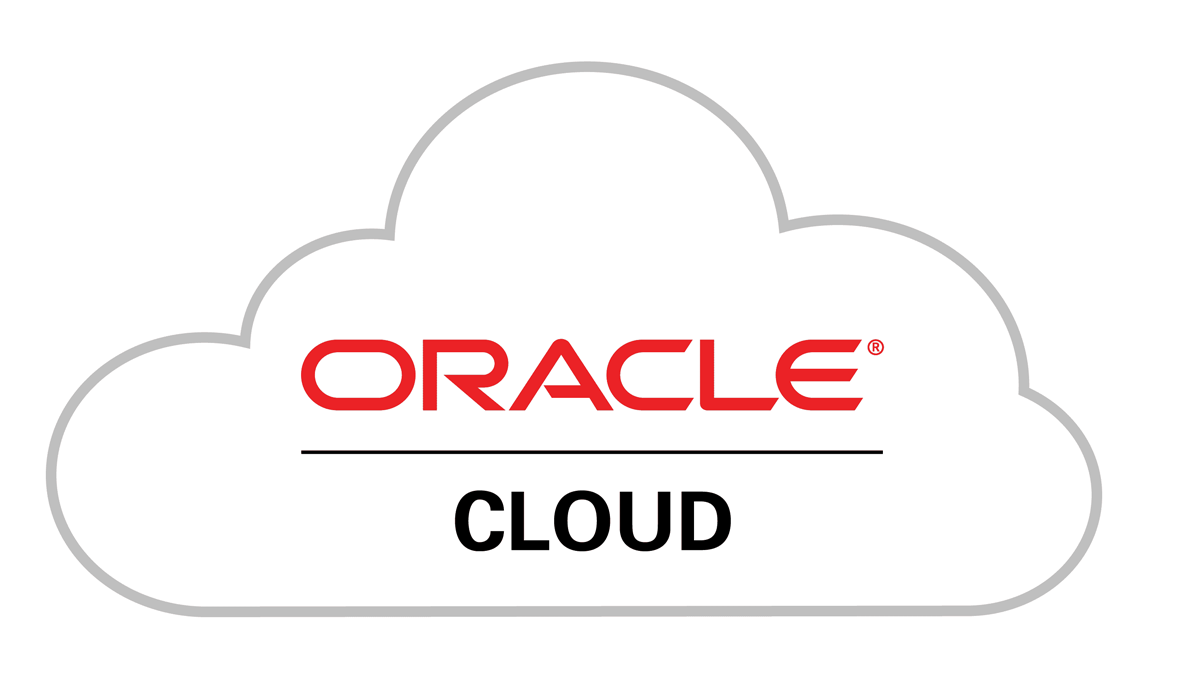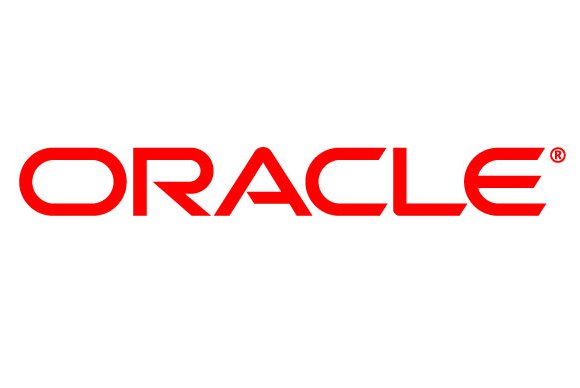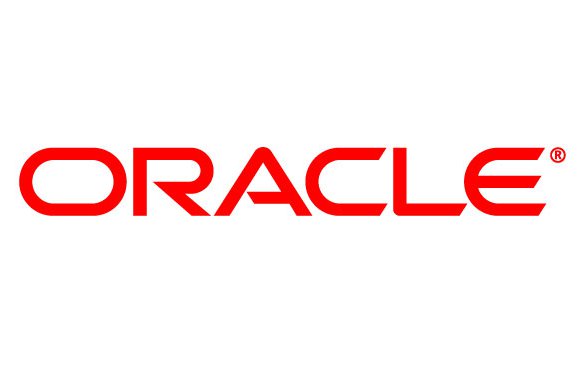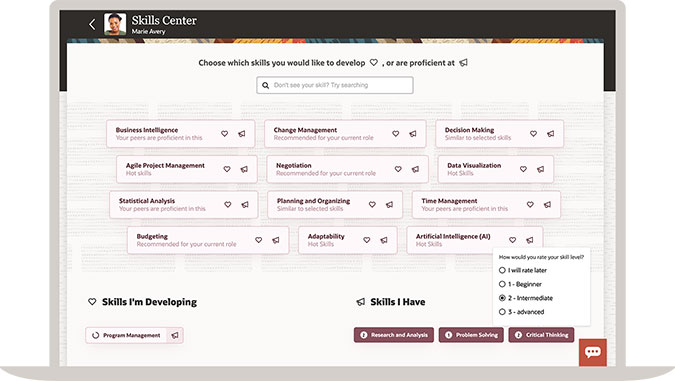Global narrow fabric provider for leading intimates, swimwear, and activewear brands uses Oracle Autonomous Database to boost real-time insights, increase agility, and achieve faster decision making.
Colombo, Sri Lanka – September 13, 2022: Stretchline Holdings, the world’s largest manufacturer of the narrow elasticated fabric used by many of the world’s leading intimates, swimwear, and activewear brands, has gone live with Oracle Autonomous Database for analytics and data warehousing (ADW) on Oracle Cloud Infrastructure (OCI) to create a single, near real-time view of its data as well as automate and streamline processes to boost decision making. With these services, Stretchline can consolidate data from its ten manufacturing plants in just 1.5 days compared to 7-8 days. Its Group Finance team has gained timely access to clean, comprehensive, and accurate data. The new semi-automated flows will ensure timely availability of the global Stretchline data, which the Operating Board and the management can use to monitor the company’s performance and make data-driven decisions.
With interest in activewear increasing, a rise in the number of people working from home, and global supply chains severely disrupted, the company wanted to boost its analytic capabilities to anticipate customer demand better. After evaluating solutions from various providers, Stretchline selected Oracle’s machine-learning-powered, self-managing, autonomous data warehouse for its superior performance, agility, high availability, and built-in security.
“We work closely with many well-known apparel brands to innovate, anticipate trends, and ensure the supply of the elastomeric products they need to help them respond and meet the needs of their customer base. To ensure that we understand their challenges and our own, we needed to re-think and re-imagine how we collect, process, manage and use data. We need to democratize our analytics capabilities internally, so we can put insights into the hands of all those who need them to run their business,” Shanaka Rabel, Group Chief Digital and Transformation Officer, Stretchline Holdings. “With ADW on OCI, we have been able to create a central ‘data lake’ that has significantly improved our reporting abilities and time. This has influenced a positive change to collect any missing data at the origin and standardize our metrics for success across the company. It has also enabled us to streamline and improve our value stream, helping us identify which plant produces what (where possible) to fulfil customer orders, speeding up delivery times, and reducing costs.”
By leveraging ADW and Oracle Data Integrator (ODI), Stretchline now has a highly responsive, resilient, and scalable cloud-based system that streamlines and automates reporting and data reconciliation processes; and report generation now takes 4X less time than previously. At the group level, this has helped the finance team to focus more on financial analysis and risk scenarios using data patterns and metrics. Additionally, access to critical data and insights enable the Operating Board to make better strategic decisions.
“Today, organizations have more access to data than ever before but having to process and consolidate data from multiple sources is often time-consuming and error-prone, slowing down decision making,” said Nalin Sikurajapathy, Head of Technology – Sri Lanka & Maldives, Oracle. “With ADW on OCI, Stretchline can now take advantage of the embedded machine-learning and AI capabilities of Oracle Autonomous Database to accelerate decision making, improve productivity, quickly respond to changing customer needs, and tap new business opportunities.”
Altria Consulting (Pvt) Ltd, a member of Oracle PartnerNetwork (OPN), implemented the project for Stretchline Holdings. For the next stage, Stretchline aims to automate other operational systems within the organization to go fully digital within the next few years.










